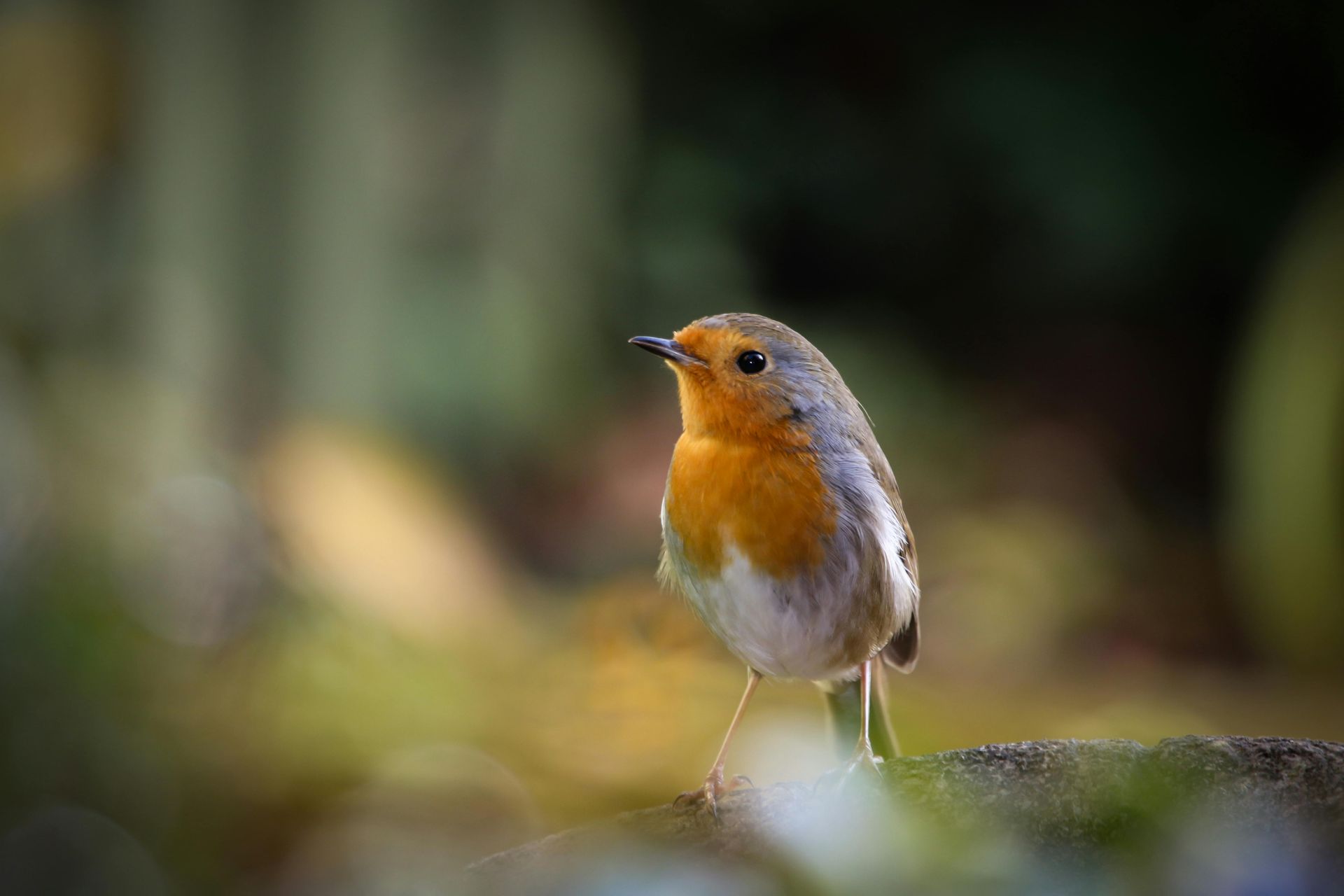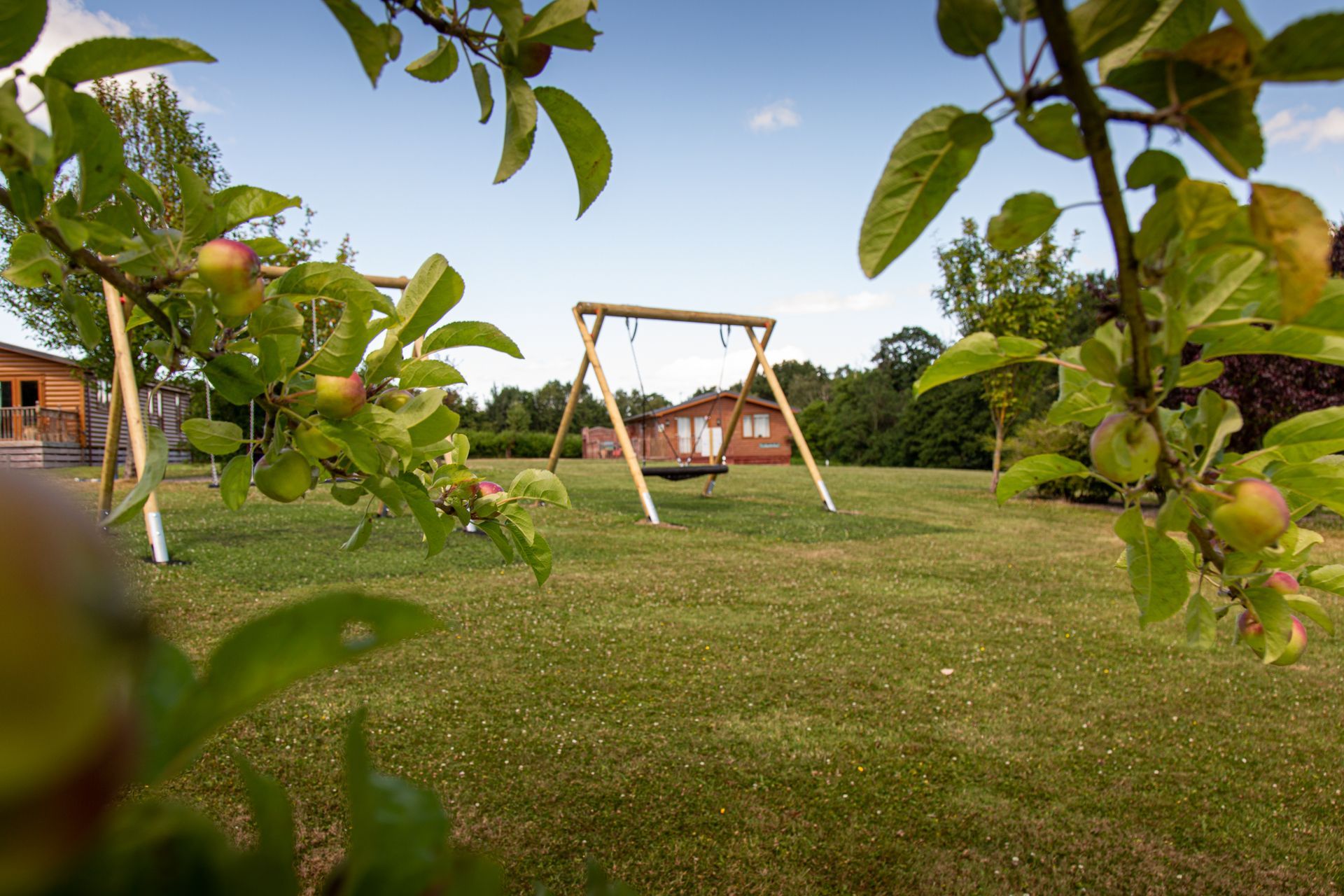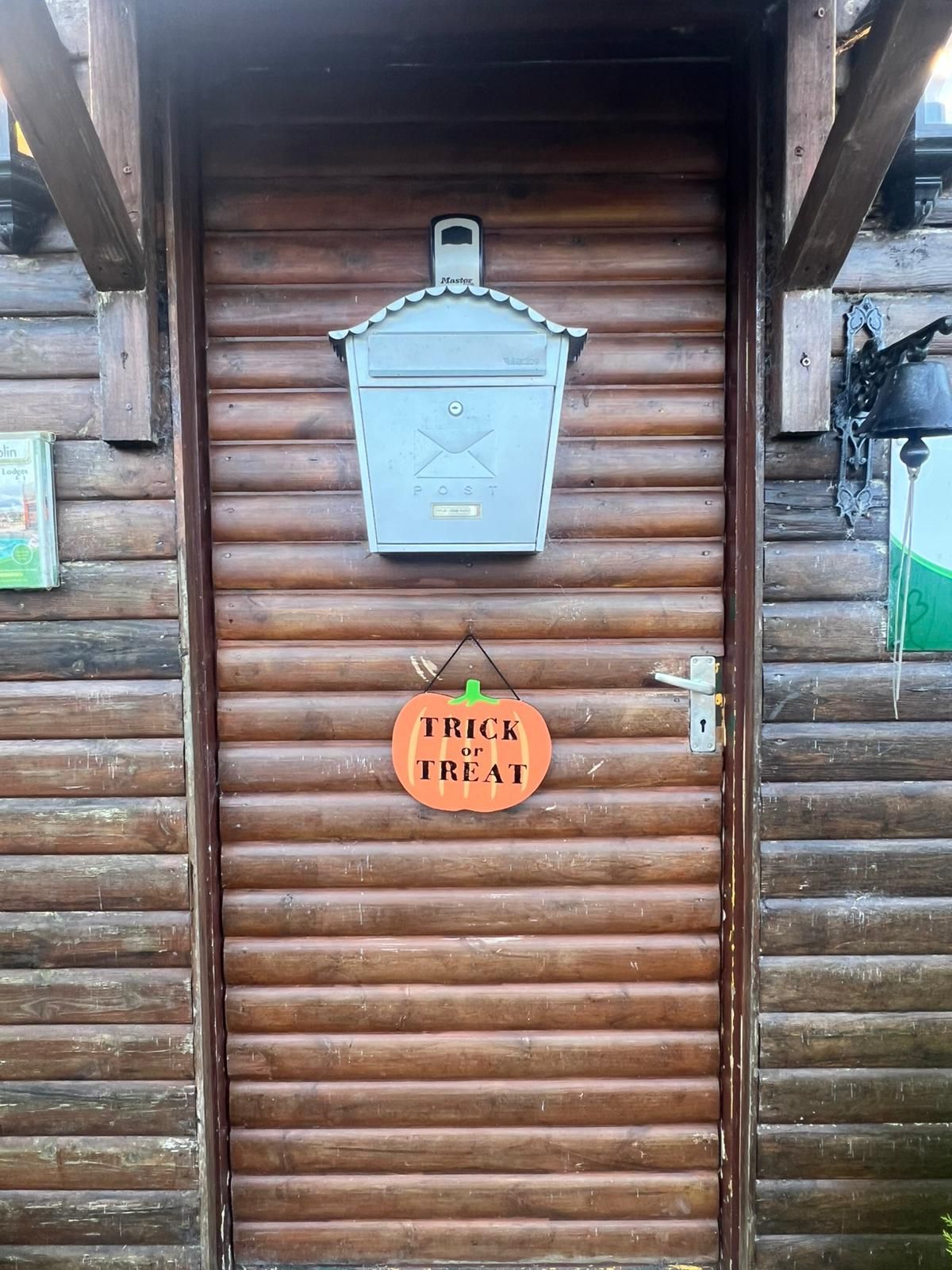Nature's Autumn Masterpiece: Wildlife Wonders and Mushroom Magic

Autumn transforms the British countryside into a living canvas.
As leaves turn golden and temperatures drop, something magical happens beneath our feet and all around us. The season brings spectacular colour changes in mushrooms and fascinating shifts in wildlife behaviour that make every woodland walk an adventure.
Autumn transforms the British countryside into a living canvas. As leaves turn golden and temperatures drop, something magical happens beneath our feet and all around us.
The season brings spectacular colour changes in mushrooms and fascinating shifts in wildlife behaviour that make every woodland walk an adventure.
The Hidden Rainbow: Mushroom Colours in Autumn
Walk through any British woodland this autumn and you'll discover nature's most vibrant art gallery. Fall mushrooms showcase an incredible spectrum of colours that rivals any artist's palette.
Red, white, orange, purple, tan, yellow, and speckled caps dot the forest floor like scattered jewels.
Some mushrooms are so unique that they've earned descriptive names, including puffballs, corals, earthstars, bird's nests, tooth fungi, brackets, and cup fungi.
Each brings its own geometric beauty to the woodland scene.
The Science Behind the Spectacle
These autumn colours aren't just for show. Many mushrooms change colour when touched or bruised. Some polypore species turn brilliant indigo blue with just a gentle touch, creating an almost magical interaction between the human and the fungus.
The variety is staggering. You might spot the aptly named "chicken of the woods" with its bright orange brackets, or discover the mysterious "destroying angel" with its pure white, ghostly appearance.
Each species has evolved its unique colouration for specific reasons, from attracting spore-dispersing insects to warning potential predators.
Wildlife on the Move: Autumn Migration Patterns
While mushrooms paint the forest floor, the skies above tell their own story of seasonal change.
The Great Departure
Summer visitors, such as swallows, swifts, and cuckoos, begin their incredible journeys back to Africa. These small birds will travel thousands of miles, navigating by stars, magnetic fields, and landscape features. It's remarkable that a tiny goldcrest, weighing less than a £1 coin, can complete such an epic voyage.
New Arrivals
As some birds leave, others arrive.
Winter visitors from Scandinavia and northern Europe seek our milder climate. Fieldfares and redwings join our resident thrushes, while flocks of starlings create mesmerising murmurations in the evening sky.
The Hedgehog's Autumn Challenge
Perhaps no creature embodies autumn's urgency quite like the hedgehog.
These spiky mammals face a race against time, needing to build up fat reserves before winter hibernation begins.
Hedgehogs can roam up to 2km in a single night, searching for beetles, worms, and caterpillars. Their autumn behaviour becomes increasingly focused on feeding, as they need to double their body weight to survive hibernation.
Nature's Autumn Palette: Beyond Mushrooms
The autumn colour palette of scarlet red, fiery orange, golden brown, and shades of yellow develops in trees and shrubs when weather conditions are clear, cool, and dry. This year's relatively warm September has set the stage for what promises to be a spectacular display of autumn foliage.
Japanese maples create filtered light that radiates through their leaves, casting a welcoming glow across woodland paths. The magnificent colours draw your attention upward to the tree canopy, where each leaf becomes a tiny stained-glass window.
Creating Wildlife-Friendly Autumn Spaces
Your garden can become a vital refuge for autumn wildlife. Here's how to help:
For Birds:
- Provide high-energy foods like fat balls and seed mixes
- Maintain a reliable water source
- Leave seed heads on plants for natural foraging
For Hedgehogs:
- Create hedgehog highways by making gaps in fences
- Build log piles and leaf heaps for shelter
- Go chemical-free to encourage invertebrates
- Provide supplementary food during the weight-building season
For Mushrooms and Fungi:
- Leave fallen logs and leaf litter undisturbed
- Avoid raking every leaf - fungi need organic matter
- Create damp, shaded areas where mushrooms can thrive
The Bigger Picture
This autumn spectacle reminds us of nature's incredible adaptability. While some species face challenges, hedgehogs have been reclassified as 'Near Threatened' on the IUCN Red List; others, however, show remarkable resilience.
The key lies in understanding these seasonal rhythms and working with them. Every garden that welcomes wildlife, every fence gap that creates a hedgehog highway, and every patch of wild space contribute to a larger network of habitats.
Your Autumn Wildlife Adventure
This season, take time to notice the small miracles happening around you. Look for the blue bruising on bracket fungi, listen for the calls of migrating birds, and watch for hedgehogs beginning their evening forages.
Autumn's wildlife and mushroom displays offer us a masterclass in adaptation, survival, and natural beauty. By understanding and supporting these seasonal changes, we become part of the story - guardians of the incredible diversity that makes British autumns so special.
The next time you walk through fallen leaves, remember you're stepping through nature's art gallery, where every mushroom is a brushstroke and every migrating bird adds movement to the masterpiece.
Walk through any British woodland this autumn and you'll discover nature's most vibrant art gallery. Fall mushrooms showcase an incredible spectrum of colours that rivals any artist's palette. Source
Red, white, orange, purple, tan, yellow, and speckled caps dot the forest floor like scattered jewels. Some mushrooms are so unique that they've earned descriptive names, including puffballs, corals, earthstars, bird's nests, tooth fungi, brackets, and cup fungi. Each brings its own geometric beauty to the woodland scene.



